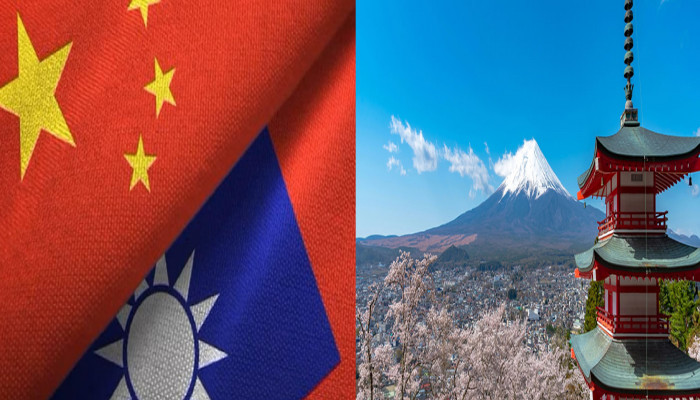Taiwan moves to curb China visits by lawmakers, officials amid rising tensions
- In Reports
- 12:19 PM, May 05, 2025
- Myind Staff
Taiwan is considering tighter restrictions on travel to China for its legislators and elected officials. This could involve requiring prior approval for trips to prevent potential infiltration by Beijing, according to a national security official.
The decision was made because people are increasingly worried that sensitive information might be shared in unofficial or unrecorded ways during these trips. Back in March, President William Lai introduced 17 new rules to stop Chinese interference. These rules focus on making sure government workers are open about their travel to China, so the public knows where they’re going. The goal is to reduce the risk of secret influence activities. A government official has said that they are planning to change the law that manages how people from Taiwan and mainland China interact, so that travel rules are the same for everyone in public service. These changes would apply to military members, government workers, local leaders, elected officials, and lawmakers, according to the Taipei Times.
"As these people exercise public authority, they are prime targets of Chinese infiltration, and their trips to China should be open and transparent," the official said. "The Legislative Yuan is a national security loophole," they said, highlighting that lawmakers are currently not required to seek approval before travelling to China, despite having access to sensitive national information. Additionally, the legislature does not disclose which members handle classified data, unlike other government agencies that follow strict security protocols for reporting. The suggested system would use a tiered approach to handle travel oversight. "Grassroots civil servants would not be required to obtain permission to travel to China, but would have to publicly disclose their travel," added the official. According to the Taipei Times, those who have access to secret material, on the other hand, would be subject to more stringent supervision, with certain situations necessitating formal clearances and joint evaluations.
Even though lower-level public servants might not deal with sensitive information, they can still be targets for infiltration, the official added. After the law is revised, a full set of supporting actions will be introduced to make sure it is enforced and monitored properly.







Comments